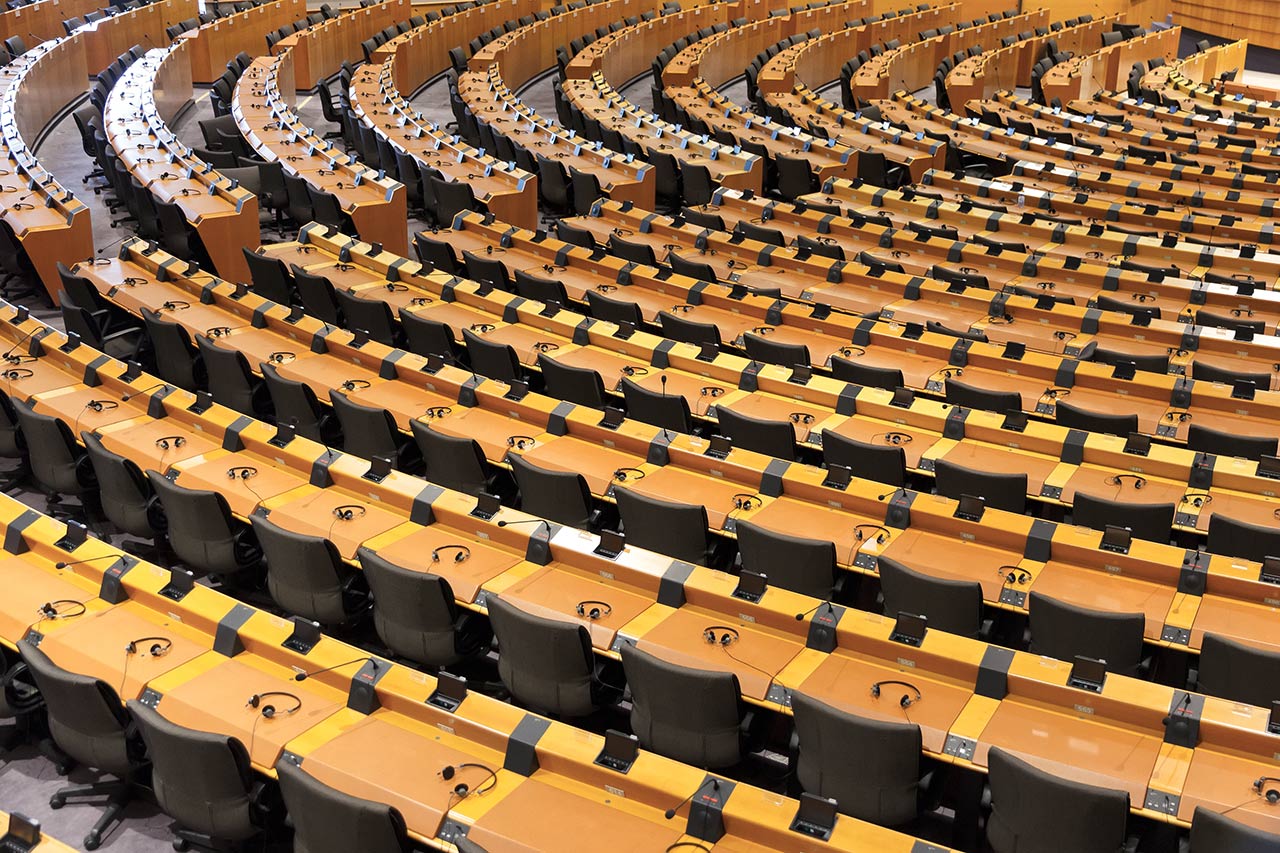Styles of Government
A breakdown of some of the different forms government has taken in the world
Question
What are the different styles in government?
Answer
The revolutionary protests across the Arab world in defiance of authoritarian dictatorships and repressive governments ushered in a period of anarchy which has yet to be placated. Yet this turbulence also opened the prospect for new types of governance in the region. Egypt has emerged from the turmoil with the potential for a new governmental style (Al-Jazeera, 2016). Commentators doubt that Egypt’s government may be an improvement on its last (Business Insider, 2016); nevertheless, the revolution and counter-revolutions that have occurred since 2011 have demonstrated that another type of politics is possible in the region.
Across the world, widely varying styles of government are used, from the constitutional monarchy in Thailand, which changed from an absolute monarchy in 1932 (Handley, 2006:35), to the democracy of the United Kingdom, where power is vested in Parliament and the political ideal is the “rule of law” and the separation of powers of the executive, the legislature and the judiciary (Shapiro, 1995: 51). The United Kingdom typifies a style of democracy which has developed without the need for revolution, as defined by the political philosopher Karl Popper as a result of the possibility for the people to choose and control their political leaders (Jarvie, 2006: 219).
Whilst liberal democracy is the primary form of government across Europe, the United States, and parts of South East Asia (Gunlicks, 2011: 257), other countries remain subject to other styles. Venezuela was previously a democracy, yet the election of Hugo Chavez as President formed the basis for the installation of a corrupt dictatorship that bankrupted the country (Coronel, 2008). There are numerous other forms such as Communism and Islamic Republicanism, as with Iran (Axworthy, 2013: 7). Ultimately, governments are subject to social, economic, and geopolitical factors, which are often impetus for change.
References
Al-Jazeera (2016) “Egypt’s Fattah el-Sisi celebrates toppling of Morsi”
Axworthy, M. (2013) Revolutionary Iran: A History of the Islamic Republic (Penguin)
Business Insider (2016) “In Egypt, Sisi’s star fades as problems pile up”
Coronel, G. (008) The Corruption of Democracy in Venezuela (CATO Institute)
Gunlicks, A. B. (2011) Comparing Liberal Democracies: The United States, United Kingdom, France, Germany, and the European Union (iUniverse)
Handley, P. M. (2006). The King Never Smiles: A Biography of Thailand’s Bhumibol Adulyadej. (New Haven and London: Yale University Press)
Jarvie, I. C.; Milford, K. (2006). Karl Popper: Life and time, and values in a world of facts Volume 1 of Karl Popper: A Centenary Assessment (Karl Milford. Ashgate Publishing, Ltd)
Shapiro, I (1995) The rule of Law American Society for Political and Legal Philosophy, New York University
